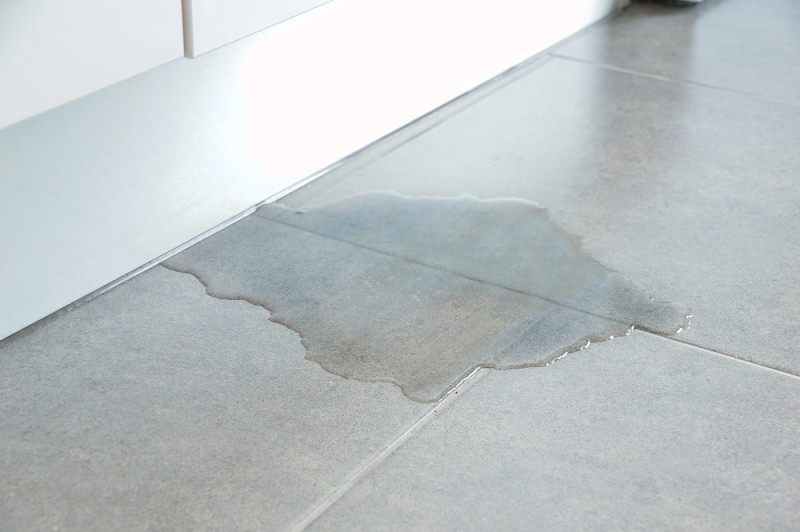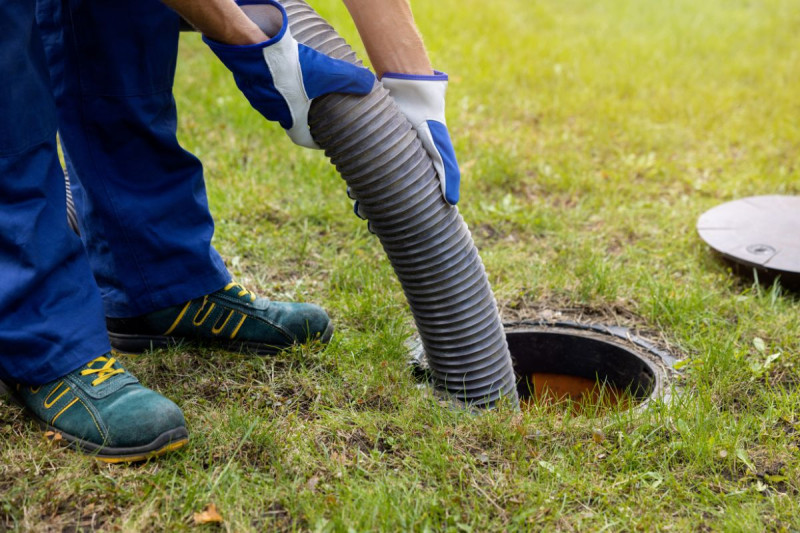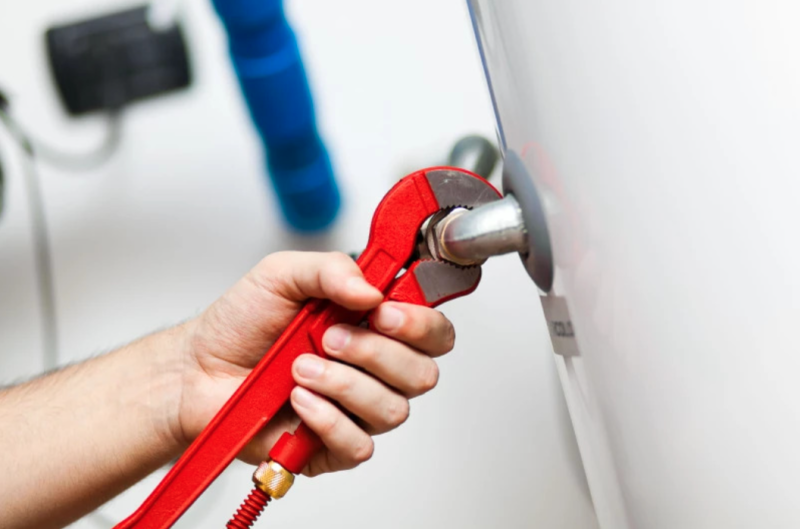Smell something strange in your home and you’re wondering whether it could be a gas leak?
As a homeowner, knowing how to identify a gas leak and act fast is critical. Undetected gas leaks can be extremely dangerous, even deadly. But don’t worry; by following a few key steps, you can ensure the safety of your home and family.
Below is how to identify the signs of a gas leak, what to do, who to contact, and why rapid intervention is vital.
Think you may have a gas leak? Don’t delay seeking help. Call the licensed Perth gas fitters from Swan’s Professional Plumbing ASAP!
Why identifying a gas leak promptly is important
Undetected gas leaks can lead to fires, explosions, and even loss of life. It is, therefore, crucial to address any leaks immediately.
1. Safety first
The most compelling reason to identify and promptly address a gas leak is safety. Natural gas is highly flammable, and a small spark can lead to a catastrophic explosion. Protecting yourself and your loved ones is paramount.
2. Preventive measures
Swift identification of a gas leak allows for preventive measures to be taken before the situation escalates. Timely intervention can prevent potential disasters and minimise the impact on both human life and property.
3. Health concerns
Exposure to natural gas can have adverse health effects, ranging from mild symptoms like headaches and dizziness to more severe conditions. Identifying a gas leak early can help reduce health risks associated with inhalation.
4. Property damage prevention
Gas leaks can lead to property damage, including structural issues and the destruction of personal belongings. Identifying a gas leak in its early stages can help prevent or mitigate such damage.
Signs there may be a gas leak on your property
A gas leak is extremely dangerous, and quickly identifying one is crucial. Some signs of a gas leak to watch out for include:
1. Unusual smell
Natural gas itself is odourless, but gas companies add a distinctive, sulphur-like smell (similar to rotten eggs) to help you detect gas leaks. If you notice an unusual odour, especially near gas appliances or pipelines, it’s a red flag.
2. Hissing sounds
A hissing or whistling sound, particularly near a gas line or appliance, could indicate a gas leak. Never ignore unusual noises, as they might be the result of escaping gas.
3. Flames coming out of or around gas appliances
Flames around appliances like gas stovetops, gas hot water systems, or gas heaters where there shouldn’t be any fire are a cause for alarm.
4. Dead or dying plants
Gas leaks can harm vegetation. If you observe grass or plants that seem to die or turn brown around your home, it could be a sign of a gas leak affecting the surrounding soil and plant life.
5. Physical symptoms
Prolonged exposure to natural gas can cause physical symptoms such as dizziness, nausea, fatigue, or difficulty breathing. If you or others in your home experience these symptoms suddenly, it could be an indication of a gas leak and you should seek medical attention as soon as possible.
What to do if you’re experiencing a gas leak
If you suspect a gas leak in your home, it’s important to act fast. Here’s what you should do.
1. Get out of the building
If you suspect a gas leak, you should evacuate the area as soon as possible. Leave the building and move to a safe location far from the suspected leak.
2. Do not use phones or electronics
Avoid using devices that could create a spark, including phones, light switches, or electronic appliances. Sparks can ignite gas, leading to a potentially catastrophic situation.
3. Open windows and doors
You can open windows and doors to allow fresh air to ventilate the area. This helps disperse the gas and reduces the risk of accumulation.
4. Turn off gas supply
If it is safe to do so, turn off the gas supply at the main valve or the affected appliance. This can help minimise the amount of gas leaking into the environment. If unsafe or you are unsure, leave this to the professionals.
5. Call for help
Whether you think you have a gas leak or you know for sure, it’s important to call for help. Depending on the severity this could be your property manager, local gas plumber or emergency services.
Who to call in a gas leak
Depending on your situation you should call one of the following:
Your local gas plumber
Most gas plumbers, like Swan’s Professional Plumbing, are well equipped to handle gas leaks and other emergency plumbing services.
Property manager
If you are renting, your property manager or real estate agent may be able to provide assistance.
ATCO
ATCO also has a gas leak phone line and online form submission that you can use to report leaks.
Emergency services
If you believe you or someone else is in danger, don’t hesitate to contact emergency services.
How gas leaks occur
You may be wondering how do natural gas leaks even occur? The truth is they can be caused by several factors, including:
1. Appliance issues
Faulty or improperly installed gas appliances can develop leaks over time. Regular maintenance and professional installation are crucial in preventing gas leaks from appliances. Did you know? Swan’s Professional Plumbing offers members a free plumbing health check each year to monitor and detect potential issues and avoid potential plumbing emergencies.
2. Damaged pipes
Ageing or damaged gas lines and pipes can develop leaks. Physical damage from external forces or corrosion due to environmental factors can compromise the integrity of the pipes. Regular inspections and proactive replacement of ageing infrastructure are essential in preventing leaks due to corrosion.
3. Natural causes
Despite all prevention efforts, sometimes accidents do happen. Natural events such as bushfires or strong winds can damage gas lines, leading to gas leaks.
4. Human error
Accidental damage during renovation or digging activities is a common cause of gas leaks. Awareness and adherence to gas safety protocols can help minimise the risk of human-induced gas leaks.
Don’t hesitate to reach out to Swan’s Professional Plumbing
While the possibility of a gas leak in your home can be scary, the good news is that you can prevent disaster by identifying the signs early and responding properly. Be vigilant, and don’t ignore any weird smells — it’s always better to be safe than sorry. If you have any concerns or want a professional to check your gas plumbing fixtures, call Swan’s Professional Plumbing team at 1300 634 581.



